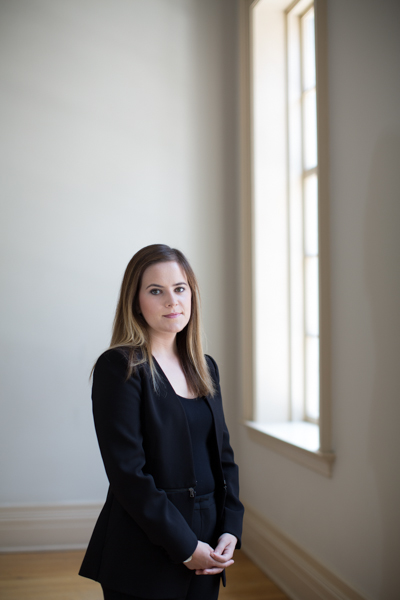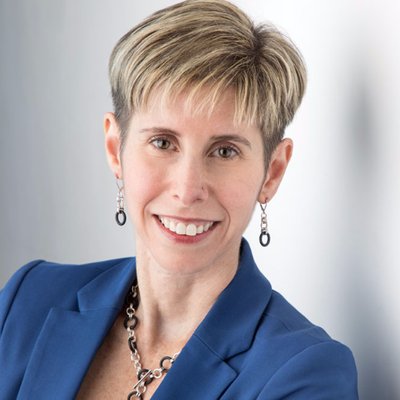On a steep hillside in Rio De Janeiro lies the largest urban slum in Brazil. Rocinha favela is plagued by poverty, unsanitary living conditions and the dangers of armed conflicts between drug gangs. But what helps make life better in this difficult environment is a public health clinic and a children’s afterschool program.
“I was struck by the extreme poverty I saw, but found the warmth of the people who live in Rocinha to be most memorable,” says Becca Pace (MBA 2010). Pace is global development manager of TEDx, an offshoot program of the TED ideas conference that helps individuals, communities and developing countries plan TED-style events. In Rocinha, Pace and TEDx organizers “discussed, ‘How do we take these issues and turn them into compelling talks?’”
Bringing TEDx events to communities in sub-Saharan Africa, India and China has been Pace’s goal since she joined the company full time in 2010. The initiative is driven by organizers from these locales who, despite obstacles – poverty, war, repression – believe powerful ideas can improve life in their communities. Pace helped write guidelines for them on how to plan their own inspirational conferences and organize their own live speakers. She also provides access to free TED Talk videos they can screen.
Changing the world has been on Pace’s own radar since June 2006, when she interned with the Clinton Global Initiative.
She first became involved with TED in May 2007 as director of marketing and operations for Pangea Day, an international multimedia event it held in 2008 to promote global unity through short films, music and talks. While completing her MBA at U of T’s Rotman School of Management, Pace was approached by TED to consult on creating TEDx. The program launched in 2009 and, since then, there have been more than 10,000 events in some 160 countries.
Exporting the TED concept to the developing world isn’t straightforward. Most communities lack the physical equipment needed to screen talks, so Pace provides a free loan of the TEDx in a Box – a projector, recorded talks, sound system and microphones. The recorded talks are all in English – but that’s solved by the thousands of volunteer translators who create subtitles in the language of the community holding the event.
“TEDx organizers are so much more than event organizers,” says Pace. “Some work in places such as Mogadishu and Baghdad, where it’s dangerous to be putting on these events. But they do it anyway, because they believe in the power of ideas. To me, that’s really moving.”
Watch: Unpacking the car-battery-powered TEDx in a Box:
Video courtesy: IDEO.org






